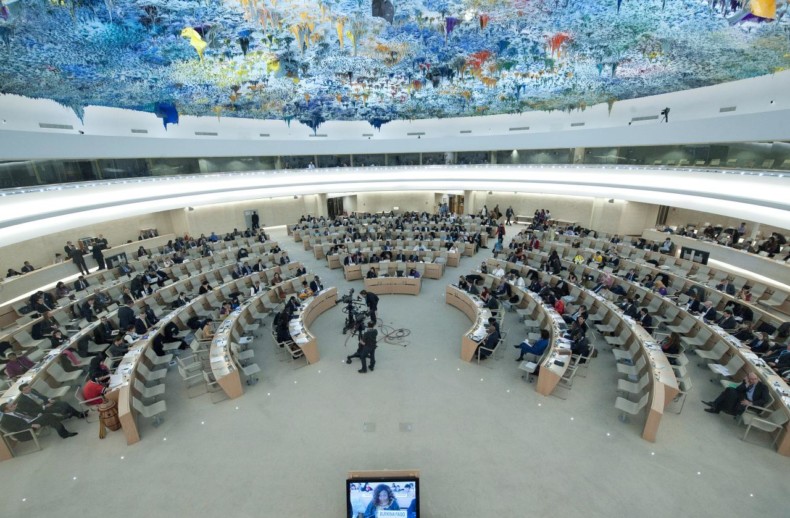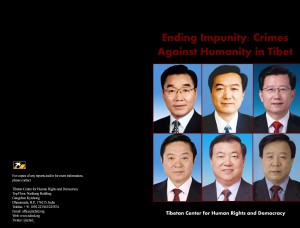Despite concerns about its human rights record, China secured its seat on the United Nations Human Rights Council with 154 votes, marking its sixth election to the Council. China’s repeated membership raises questions about the effectiveness of the UN’s human rights system and the need for reform in the election process, emphasising the importance of implementing a performance appraisal system to prevent habitual human rights offenders from participating in Council elections. The international community is urged to take action to ensure that the Council’s goals are not compromised and to support human rights advocates in China.




![Tibetan monks interrupted a Chinese government-organised media tour in June 2008 at Jokhang Temple in Lhasa. [Photo: AP]](https://tchrd.org/wp-content/uploads/2014/03/tibetmonksprotest_Jokhang-300x180.jpg)

